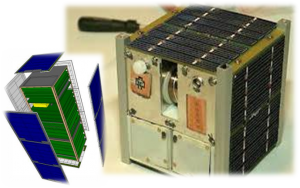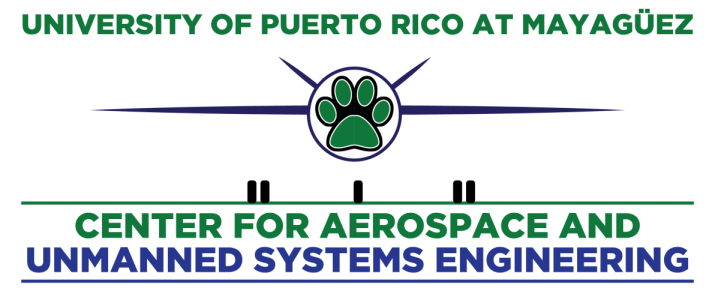 Description:
Description:
The Energy and Power Systems Division will lead in the fundamental and applied knowledge in science and engineering that will address issues related to renewable energy sources (e.g. photovoltaics, fuel cells, thermoelectric generators), power electronics development(e.g. Buck converter, SEPIC converter, inverters, full-bridge rectifier), maximum power point tracking algorithms for satellites (e.g. perturb-and-observe, Linear Reoriented Coordinates, increasing conductance), thermal heat transfer for energy production-management-consumption (e.g. heat sink design for thermal dissipation), novel fuels/propulsion methods for aerospace systems, energy efficient aerospace systems (e.g. aircraft, unmanned systems, robotics), advanced mechanical power and thermal research conversion to forge novel technologies
Main goals:
- To develop new technologies for high efficient energy converters in the areas supporting applications in space, aeronautics, unmanned systems, etc.
- To research on renewable energy sources and traditional energy sources applied to space, aeronautics, unmanned systems.
- To research on the control and efficient regulation of energy sources for electrical and combustion applications in space, aeronautics, unmanned systems (e.g. propulsion of rockets, energy supply for satellites, terrestrial power ground stations).
- To research on the optimization and efficient configuration of mechanical and electrical networks for applications in aeronautics, space, and unmanned systems, etc.
- To research on the mechanical, electrical and chemical propulsion methods and different fuel sources for space applications.
- Particular emphasis and interest on photovoltaic systems, fuel cell, thermo-electrical generators, chemical storage devices (e.g. batteries), electrical storage devices (e.g. ultra-inductors, supercapacitors, flywheels), algorithms for energy management, mechanical engines, and electric filters for harmonic/noise/EMI reduction.
Areas of interests:
a) Research on energy sources and converters
- Photovoltaics
- Thermoelectrics
- Fuel Cells
- Propulsion Fuels and Propellants
b) Research on power electronic topologies, devices, and control
- DC-DC, DC-AC, AC-DC Converters
- SiC and GaN Devices
- Batteries (LiIon, Alkaline, Gel cell)
- Maximum Power Point Tracker Methods
- Electric motors
c) Research on efficient propulsion systems and strategies
- Chemical/Mechanical/Electrical Hybrid Propulsion Methods
- Thermal analysis and aerodynamic modeling of propulsion systems for high efficient energy use
- Optimal/Efficient Combustion and Ignition
- Optimal choice and trade-offs of different engines, turbines, combustions and compressors for aircraft/rocket/drone propulsion
d) Research on aero-thermo-electromechanical designs for minimum energy use under restricted constraints (i.e., time, position, velocity).
- It includes the development of advanced propulsion systems, vehicle changes, and fuels to reduce energy consumption and emissions.
- Development of new launching systems
